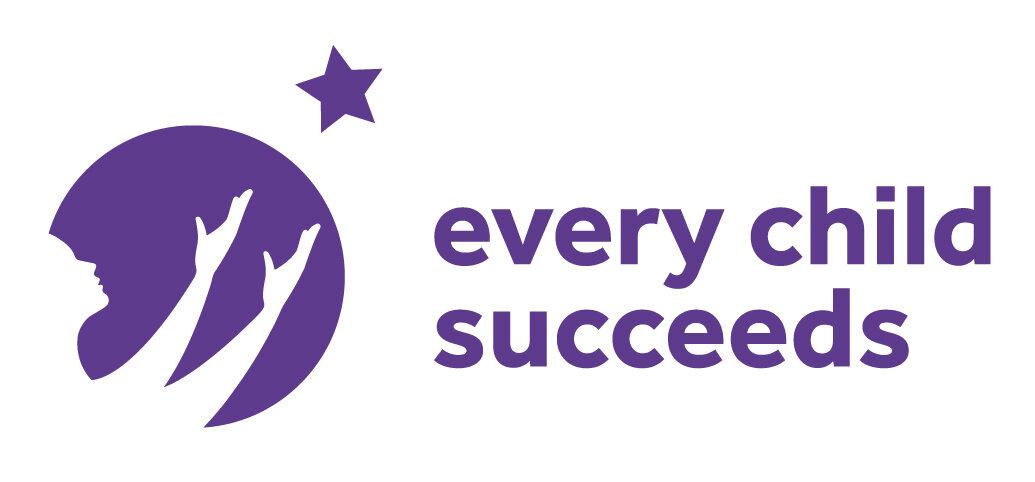Infant mortality rate improved in Avondale, thanks to Every Child Succeeds…
The following is an except from an article in The Cincinnati Enquirer and Cincinnati.com that chronicled the evolution of modern day Avondale, after the riots of 1968.
A decade-by-decade look at how Avondale came back after the 1968 riots
Mark Curnutte, mcurnutte@enquirer.com
Click HERE to read the entire story…
Chapter 4: 1998-2007
The problems in Avondale were always bigger than buildings. Many children were not thriving, and too many were dying before their first birthday. Yet, at the turn of the century, an old problem screamed back into the forefront. Violent crime.
A landlord was gunned down while renovating his property. Armed robbers pistol-whipped their victims. Another victim had his gold-capped teeth snatched from his mouth. Elderly residents were afraid to step outside of their apartment, even into hallways, where, they feared, criminals waited.
And all the while, babies were dying in Avondale and other urban neighborhoods at a Third World rate.
The number of babies who died there before their first birthday in Avondale was 21 per 1,000 live births, roughly the same as the rate found in Guatemala and Mongolia.
Indeed, across the country, as the new century dawned, African-American babies were twice as likely as white infants to be premature, to have a low birth weight and to die at birth.
In 2006, Dominique Love lost her first child. The daughter she named Domika Heavenly was stillborn. She had hydrocephalus, an excessive accumulation of cerebrospinal fluid in the brain. The baby, delivered at 25 weeks, also had a buildup of fluid in the chest.
Enough was enough. Wallace and his Carmel Presbyterian Church formed a partnership with Cincinnati Children’s Hospital to house a program for at-risk first-time mothers, Every Child Succeeds.The program had existed across the region but had no physical home.
It did now, opening in November 2006 in Carmel’s basement.
Yet housing this program wasn’t enough. Wallace saw the need these low-income mothers had for basic baby supplies. So in 2007 Carmel established the Avondale Caring Network Pantry, which provided free formula and diapers.
In other neighborhoods, Every Child Succeeds’ home visitation program reached 25 percent of eligible mothers. In Avondale, within the first two years, 85 percent of eligible mothers were receiving services and home visitation.
Love found her way there in 2011 when she became pregnant again. She received home visits. She attended classes at Carmel on child development, parenting and nutrition. She was part of a mom’s group. (Carmel also was the site of dad’s group.)
Love delivered a healthy baby boy, Kelijah, in May 2012. He was one week overdue and was born at 7 pounds, 6 ounces.
“I met all the right people and developed a huge support system and network,” she said. “I learned so much and was more confident.”
During that decade, because of Every Child Succeeds and other prenatal and home visitation program in Avondale, the infant mortality rate there dropped to 8 deaths for every 1,000 live births. Other indicators of infant health, including full-term births at 37 weeks, also have increased dramatically.

